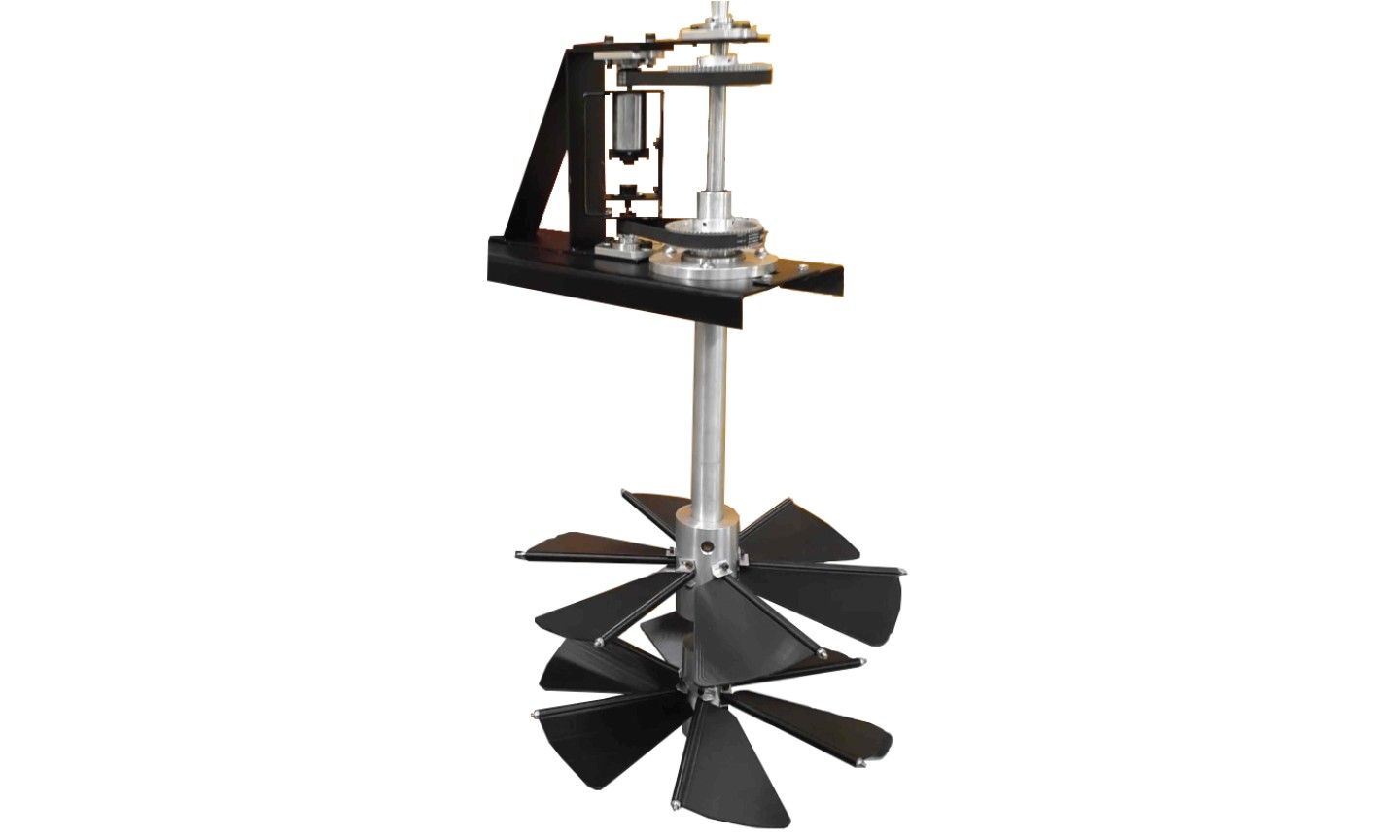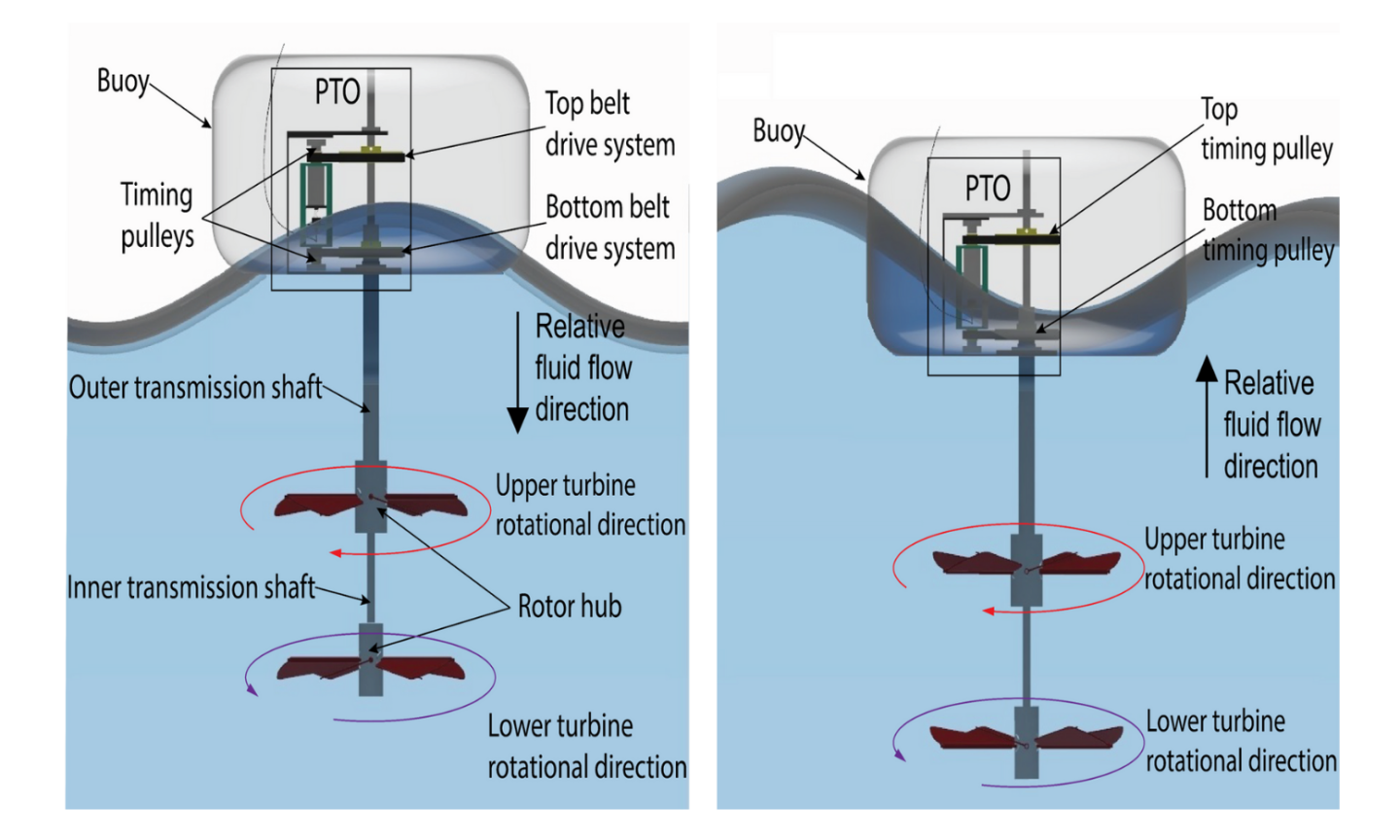
Soon, tidal energy could break a record thanks to scientists at Australia’s RMIT. This is because engineers have created a new converter design. They say it operates with far greater efficiency than current systems. This breakthrough might lead the way to large-scale use of tidal energy and make the transition to renewable energy smoother.
A common way to harness wave energy includes a point absorber buoy consisting of a device that floats on the surface and is tethered to the seafloor. When the buoy moves with the waves, an energy converter mechanism is driven. This mechanism uses linear motion to reel a flywheel and, in that way, generate electricity.
The Optimist Daily writes, “a downside of using a point absorber buoy to harvest wave energy is that these systems typically require sensors and other electronics to precisely synchronize themselves with the incoming waves, which leaves them open to maintenance and reliability issues.”
To overcome this problem, the scientists from RMIT have developed a new generator with a point absorber buoy that uses no electricity and no sensors. Alternatively, they went with a passive concept that naturally lets the device float up and down with the swells. The system also features two turbine wheels placed close together down below. They rotate in opposite directions and help to amplify the power passed on to the generator.

The generator itself resides inside the buoy. That way, it is protected from disintegration. It’s connected to the spinning turbines through “shafts and belt-pulley drive transmission.” During tests, the prototype proved it could generate twice as much power from ocean waves compared to other point absorber designs. The new system is also a relatively simple and cost-effective solution.
Lead researcher Professor Xu Wang said to New Atlas:
“By always staying in sync with the movement of the waves, we can maximize the energy that’s harvested. Combined with our unique counter-rotating dual turbine wheels, this prototype can double the output power harvested from ocean waves, compared with other experimental point absorber technologies.”

Now, the scientists plan to test the technology outside of the laboratory. They are sure the new system can bring tidal energy up to scale and at the same time support the transition towards cleaner energy.
Psst.. you can read the whole study here: Applied Energy — Study of a novel rotational speed amplified dual turbine wheel wave energy converter.




